Over the course of hundreds of conversations about relationships, Iona Lawrence identified a shared challenge around measurement: We don’t know how to measure relationships or whether the game of measurement is futile.
In this blog, we seek to kickstart a generative conversation around the question of how we capture the added value of a relationship-centred approach, and whether this is a useful pursuit. We’d love to hear your experiences, challenges and ideas.

We are collectively in a place where the question of how best to measure or value relationships is deeply contested. For some people measurement is the most important shared challenge anyone interested in relationships has: if we can get better at consistently measuring the impact of relationships we might be able to nudge the skeptics away from believing that relationships are ‘fluffy’ or a nice extra.
Yet for others the act of measuring the value of relationships on terms set by funders or commissioners can threaten the very essence of them.
Wherever you are, a huge amount of energy is poured into the question of how we articulate the value of relationships, and this is threatening our resolve.
Let’s open up the question of how we measure relationships and see whether, together, we can make some progress.
What?
What are we trying to measure or assess when it comes to relationships? Why? What and who are we doing this for?
1. Relationships themselves: sometimes, we might want to measure relationships themselves, whether individual relationships or networks of relationships. We may seek to understand where they are strong, where they are weak, where they are missing. Doing so will help us to see where our relationships need a little nurturing, and where bridges need to be built.
2. The added value of relationships: we might want to measure the outcomes of good relationships or relationship-centred ways of working. Doing so would help us to demonstrate the things good relationships enable us to achieve (better health, greater happiness, higher grades etc) and prove the value of relational work to skeptics and non-believers.
3. Relational practice: at other times, we might wish to look inwards at our practice to assess the extent to which our methods, culture, values and approach enable good relationships to thrive. Doing so would help us improve our relational practice.
What are you seeking to measure when it comes to relationships? Why? Who is the assessment for and what do you hope it will achieve?
How?
How should we go about trying to measure relationships? What are the risks and challenges? What approaches work best or have potential? Where can we look to for inspiration?
Too many commissioning contracts require the completion of impact surveys which, in their deficit-based questioning, can strip people of their agency rather than recognise the power in people’s stories. Too many loneliness measures are academic, remote and cold. Many of these tools perpetuate division and isolation, rather than measure it, much less solve it.
How do you approach measurement and evaluation? Which methods seem to work well and which don’t?
To what end?
How do we then bring what we find and learn about the value of working in relational way together to tell a compelling story and convince others that this is the road we must all travel?
One critical task is not simply to commission new evidence to fill the gaps, but to pull the evidence together better. There’s a job to be done to distill existing evidence sets and disseminate knowledge that emerges in a more coherent and confident way
To strengthen our case we need to double down on the ‘so what’ of relationships. We must surface the evidence of the longer term impact of good relationships. What do good relationships mean and achieve in the long run?
What difference do strong and meaningful relationships make in your organisation or community? What do they enable you to achieve which would’t otherwise be achieved?
Join us
On Tuesday 8th June we’ll be exploring these questions in an open conversation. Together we’ll:
- Share what we’re trying to measure when it comes to relationships
- Explore the challenges and key considerations of measuring relationships
- Share ideas and approaches to doing so in a sensitive, human-centred way
We’d love it if you’d join us.
Read more

How to care for Warm Welcome Volunteers: A guided reflection
In brief In this blog, originally written for the Warm Welcome Network, we review what we learnt about community responses to the pandemic to ask how we can sustain and maintain the momentum in community-based responses to the cost of living crisis. In the early...
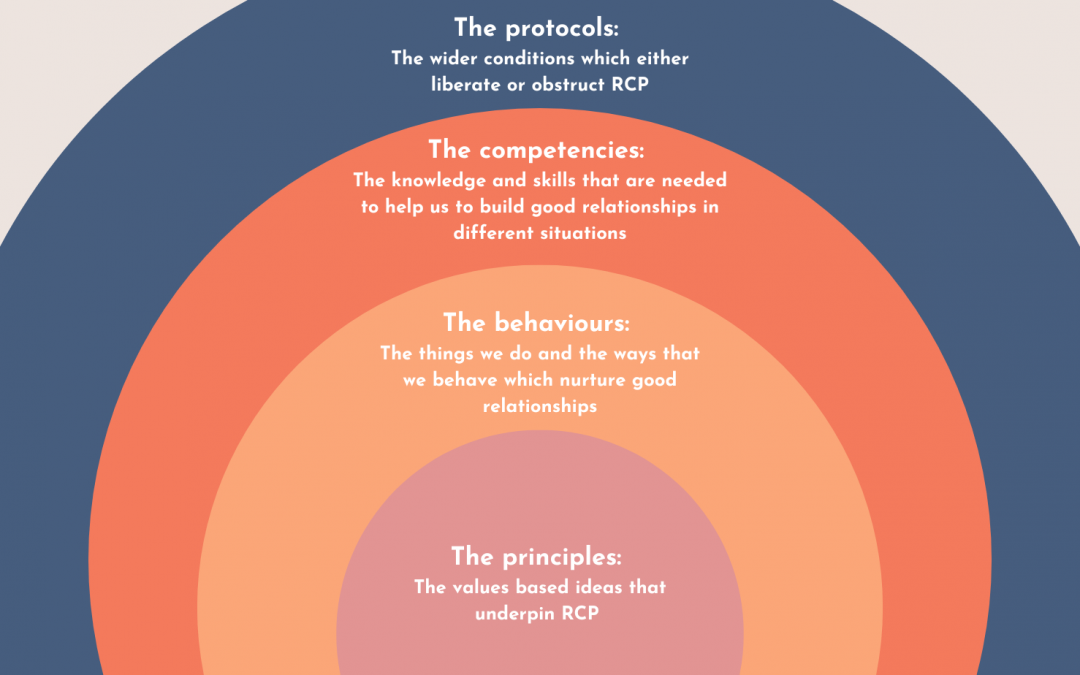
A Framework for Relationship-Centred Practice
We posted some ideas about Relationship Centred Practice (RCP) in this blog last November. Based on comments at the time, discussion at our Northumbria Convening and further work by the Relationships Collective we are now posting part two. Here, we share our initial...
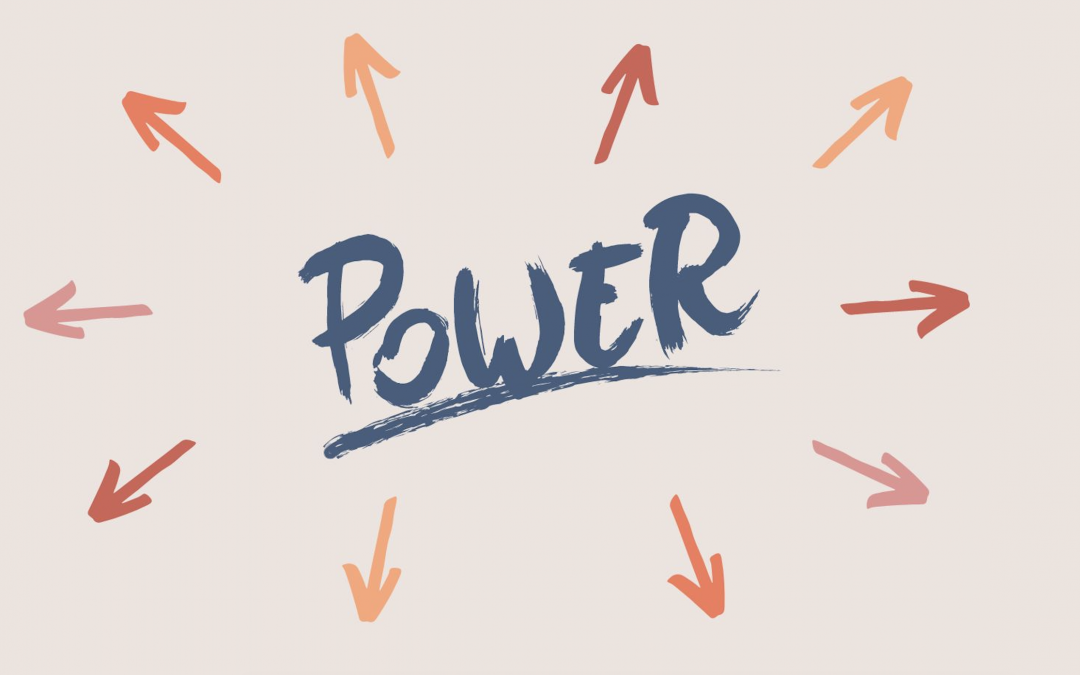
Sharing power through relationships
In brief How can we grow professional relationships that share power? In this audio clip, facilitator and social cohesion specialist Emily Danby explores 3 ways to develop a relational practice that turns our commitment to power-sharing into action. Emily is the host...
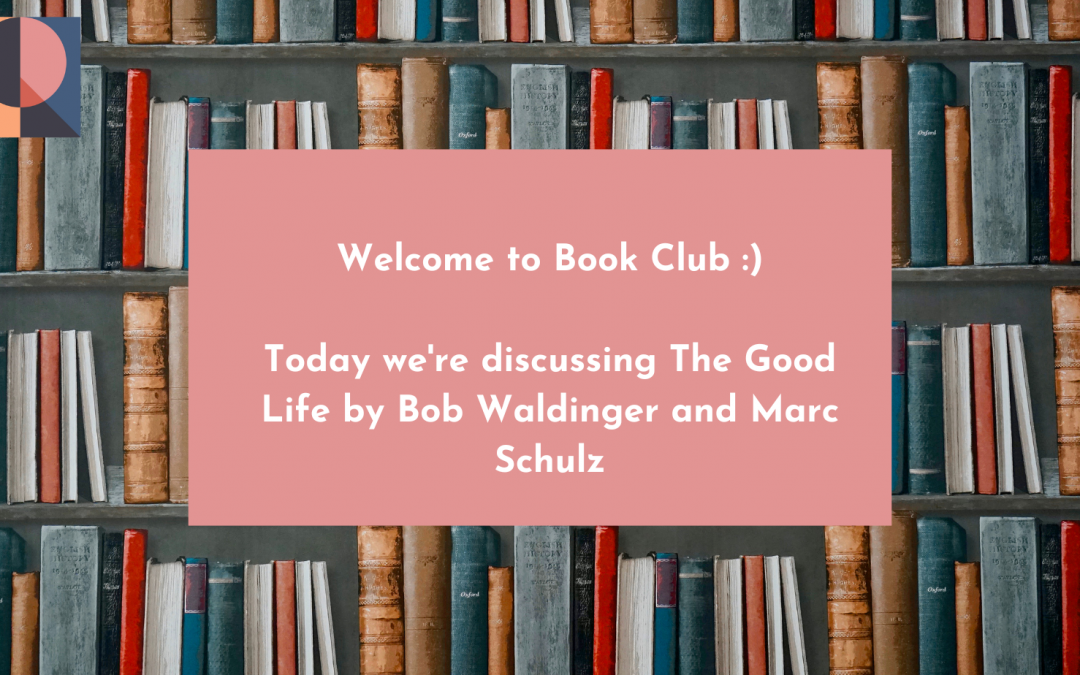
The Good Life: Book Club
On 28th March 2023, a group of us came together for The Relationships Project’s first ever Book Club. Hosted by the wonderful Christine Frazer from her kitchen table in Gateshead, we gathered together to share thoughts and reflections on The Good Life by Marc Shulz...
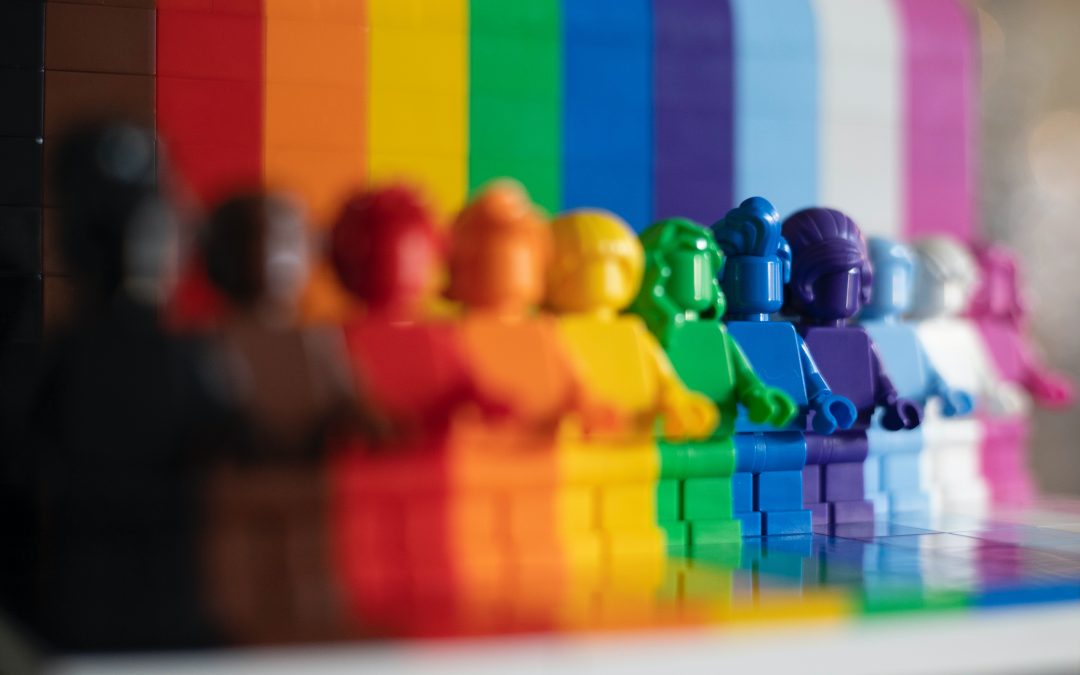
Whose relationships?
In brief The stories and ideas we consume shape our views, belief systems and our sense of what is possible. In this blog, Iona Lawrence offers some personal reflections on the shortcomings of her bookshelf and asks who else she should be reading and what needs to...
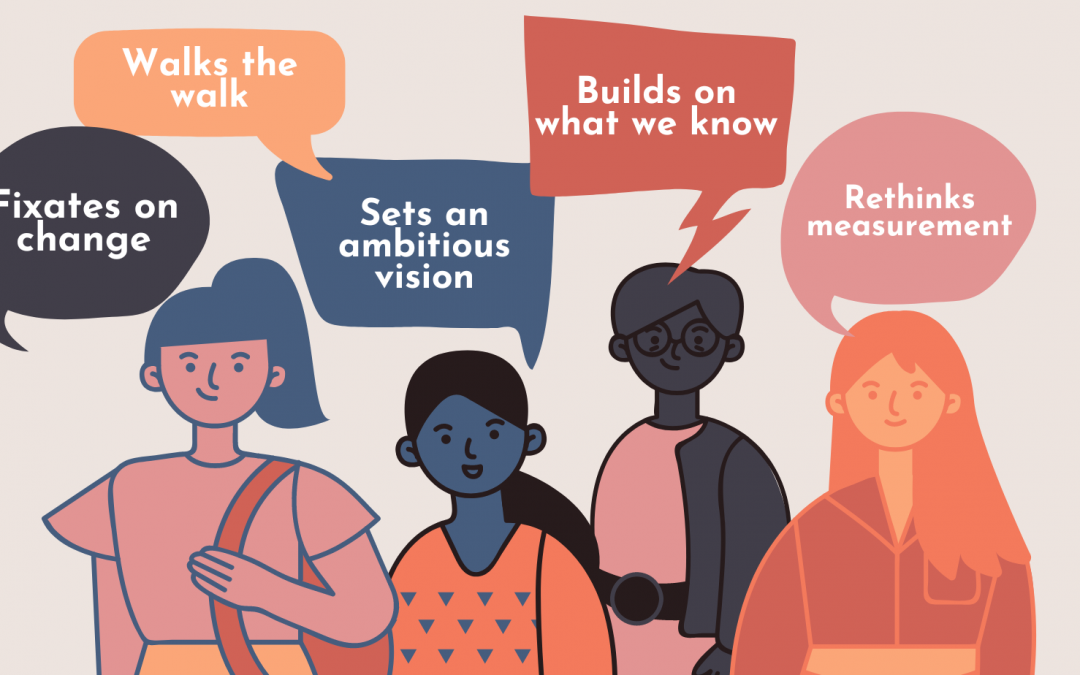
Our dreams for a Centre in Community Participation and Connectedness
In brief The UKRI recently published a call for a new world-leading Centre in Community Participation and Connectedness. Bringing together academics, policymakers, practitioners and community members, the Centre will have a bold ambition to make a meaningful...
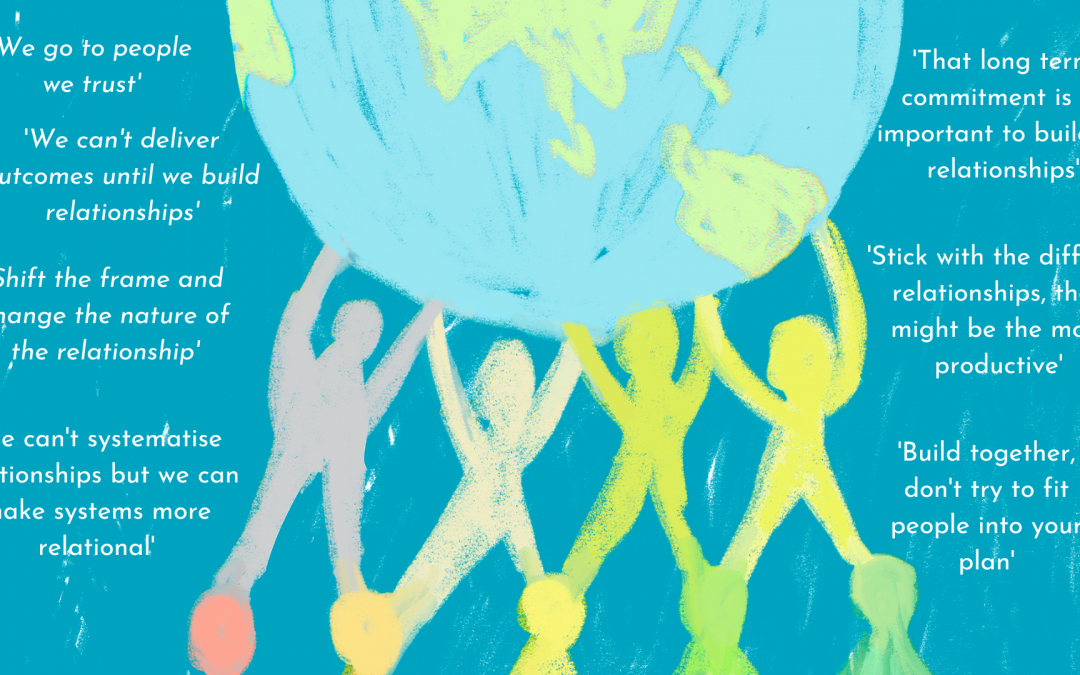
Relational Councils and the Cost of Living Crisis
The Relational Councils Network gathered on 30/1/23 to talk about the cost-of-living crisis and relational responses. Partners from the council and the community in Barking and Dagenham provided the key note experience. A list of links and resources mentioned in the...
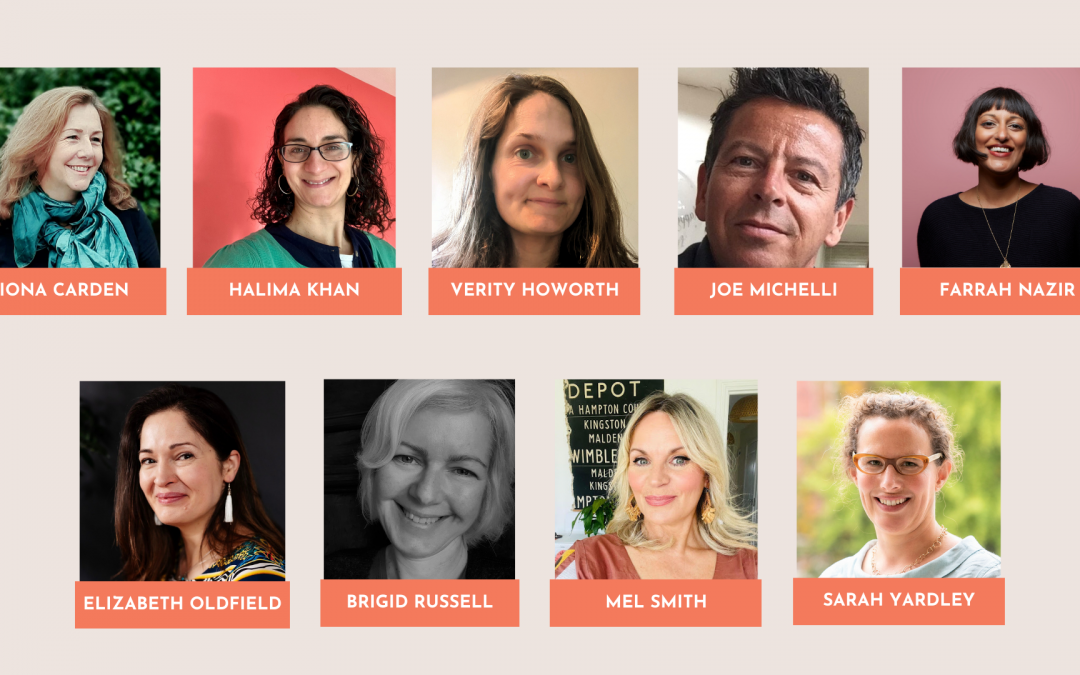
Welcoming The Relationships Collective
Introducing The Relationships Collective The Relationships Collective is a group of 9 individuals who together represent just some of the brilliant, enthusiastic, creative and diverse people who are putting relationships first and pioneering a relationship-centred...
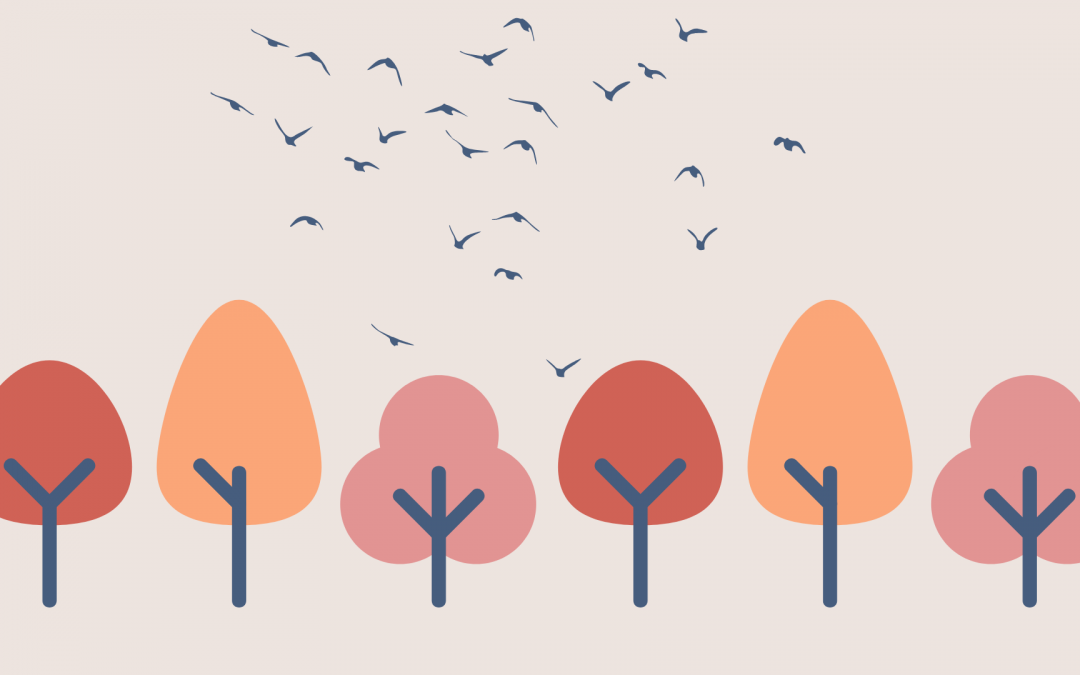
Plant trees and stir the soul
In brief In this blog, published at the start of 2023, David Robinson offers some personal reflections on working towards deep rooted, sustained social change. He draws out two urgent and important lessons from 40 years working in this space: plant trees and stir the...
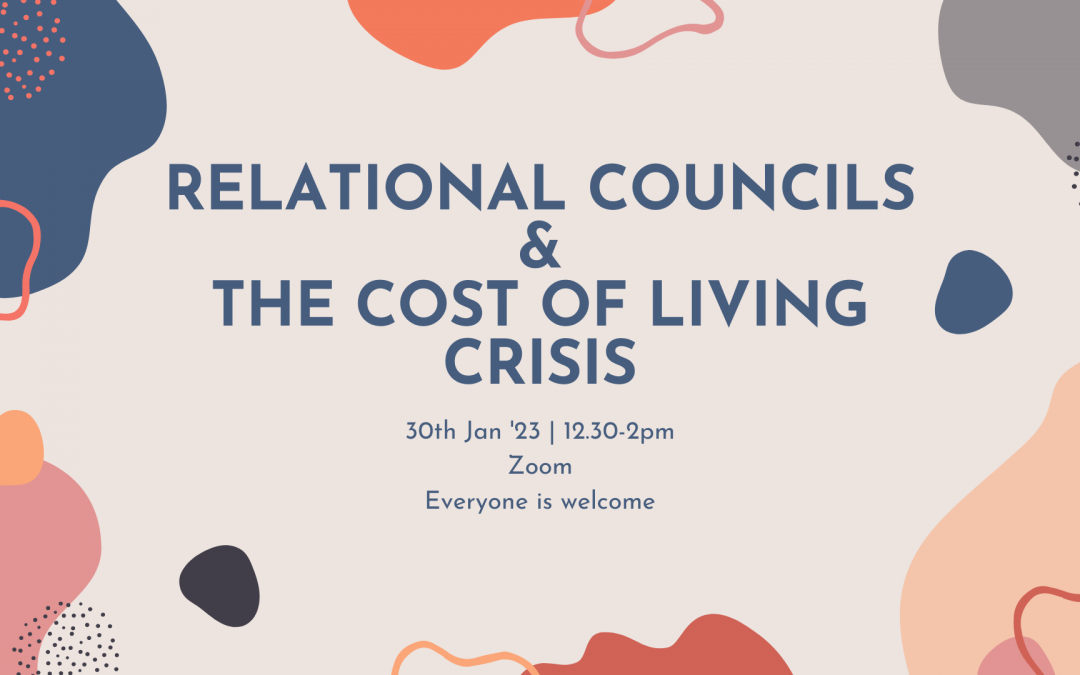
Relational Councils and the cost of living crisis
In the Relational Councils Network we are working to support one another in making the challenging transition from relationships as the extra mile, to relationships as the first mile. If this mission is to be credible and useful in 2023 it must have relevance to the...
